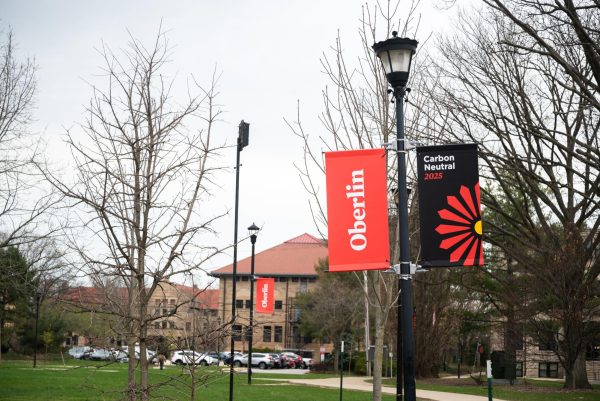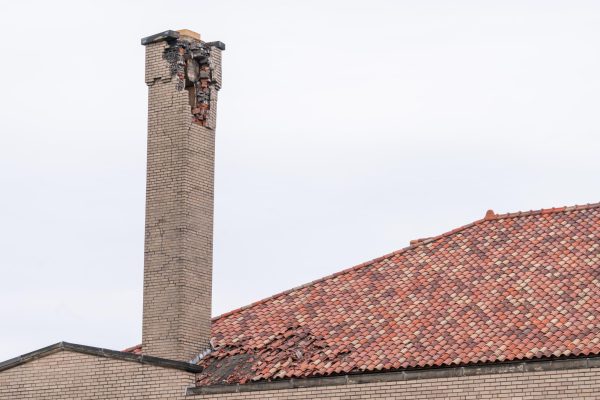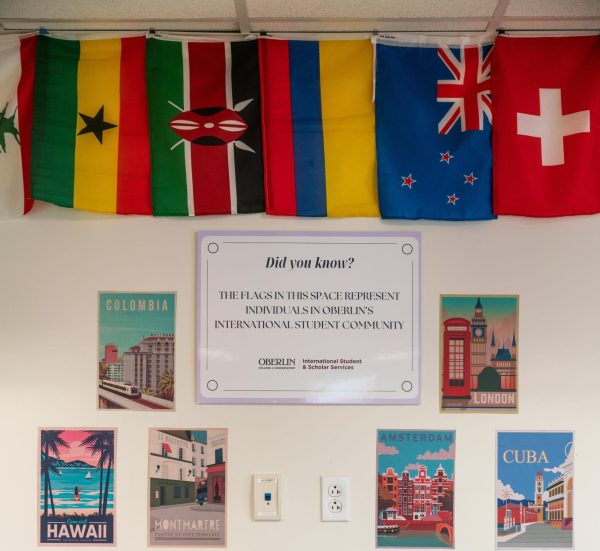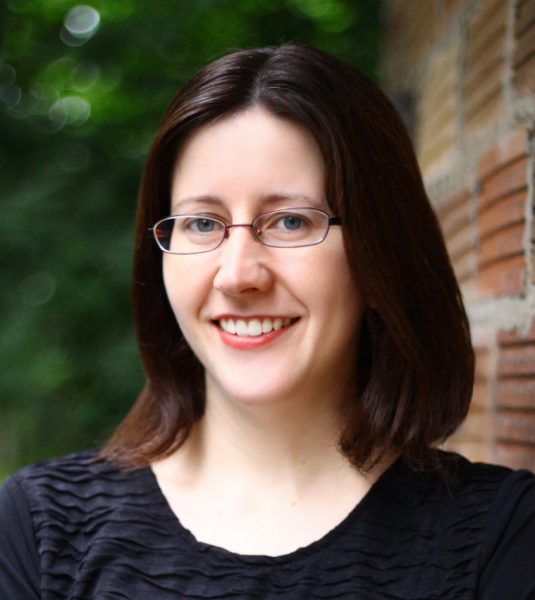First Cuban Ambassador to the U.S. in 50 Years Presents to Students
Cuba’s first ambassador to the United States since the two countries closed their embassies in 1961 addressed students Thursday in a talk entitled “The Future of U.S.-Cuban Government Relations.” Ambassador José Ramón Cabañas visited Oberlin after traveling to Cleveland to meet with the LNE Group, a transatlantic advocacy firm.
Cabañas explained that his goal in talking to students is to inspire more interest in international relations between the U.S. and Cuba.
“Our only aim is that when we finish this week, next week, next month, is that you look for books, you look for more information about Cuba, and you simply try to understand the bilateral relationship from the United States from a historical perspective,” Cabañas said to students.
While the Obama administration re-established diplomatic relations with Cuba in 2015 for the first time since the early ’60s, the Trump administration has rolled back many of these Obama-era initiatives. In 2017, the administration rescinded the ability of Cuban immigrants to remain in the U.S. without a visa, and in the past two months, has canceled all commercial and charter flights except for those flying into the international airport in Havana.
At his State of the Union address this past Tuesday, President Trump criticized the Obama administration’s efforts to establish bilateral ties to Cuba after decades of Cold War hostility and promised to reverse those “failing policies.” Cabañas spoke about how the Cuban people responded to that message.
“We broadcasted live the State of the Union speech in Cuba,” Cabañas said. “And I can tell you 11 million people in Cuba don’t understand — not the government, the people — how the current policy is portrayed to help the Cuban people. There is no way you can explain that.”
Associate Professor of Politics and Chair of Latin American Studies Kristina Mani, who was involved in bringing Cabañas to campus, explained how opportunities that were once available during the Obama administration have been rescinded.
“In terms of business connections and things like that, there are lots of limitations, and under the Trump administration, that’s been curtailed further,” Mani said.
The trade ban that has been in place since 1960 has defined U.S.-Cuban relations for decades.
“We as countries need to try something else. The embargo failed. The only path forward is through negotiation.” Cabañas said.
Despite these obstacles, the ambassador remains optimistic about the future of U.S.-Cuba relations. In his public lecture, Cabañas said that the dominant American narrative for 60 years has been that presidential candidates need to take a hard stance on Cuba to win crucial votes in Florida, a state which has historically held significant anti-Cuban sentiment from Cuban Americans and Cuban exiles. However, in recent years, these attitudes have changed.
“I’m not saying here that [Cuban Americans] support the Cuban government. Some of them may not support certain Cuban policies,” Cabañas said. “[But] by a large number, they support travel, they support communications, they support remittances, and they support those interests that many communities living abroad want with Florida.”
Cabañas’ visit to Oberlin is part of a larger effort by the International Studies Program to expose students to a broad range of international perspectives.
“The U.S. tends to be more and more an isolationist country that [has] reduced its attention to international affairs and people,” said Zeinab Abul-Magd, associate professor of History and chair of International Studies. “One of the duties that I take so seriously [in] my work in the international studies program is to open up opportunities of exposure for Oberlin students to know about international communities and also interact as much as possible with prominent scholars and prominent experts from other countries.”
Mani emphasized the need for young people to delve deeper into Cuba’s history and its relationship with the U.S.
“I’m often surprised in teaching Oberlin students, who are really savvy in a lot of ways about other countries and they’ve traveled to many places, but Cuba kind of remains this black box for many students,” she said. “When we cover [Cuba] in my Latin American politics class, students are sometimes surprised, and they discover things that they really didn’t understand. I’ve heard a number of times, … ‘The deeper I go, the more complicated it is. And I have to kind of unthink some of the things I grew up with.’”






